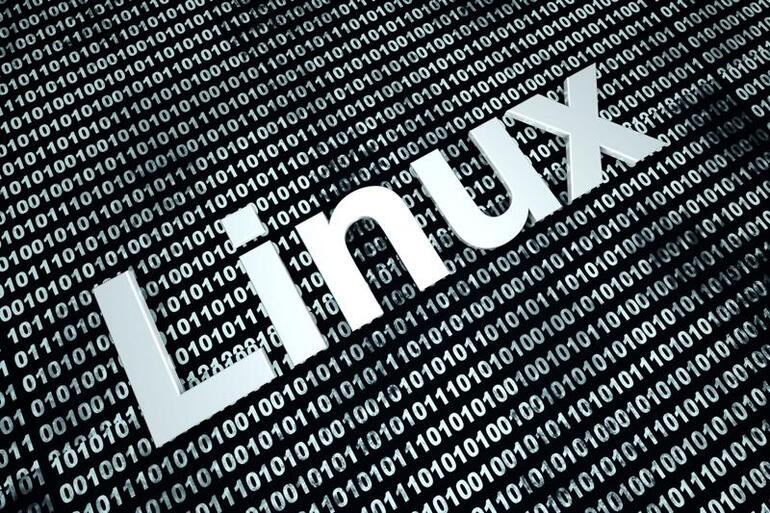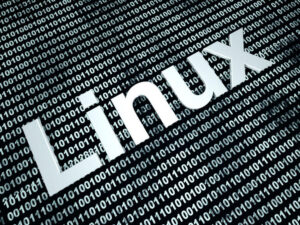Jack Wallen, who has been using Linux for 20 years, shares a recent experience using the Windows platform and explains why it put the OS debate into perspective.

Image: iStockphoto/Spectral-Design
Over the years, I’ve written countless pieces surrounding the “Linux vs. Windows” argument, every one of which sides with the Linux camp. I am, after all, a long-time user of Linux–it has been my daily operating system for two decades. I’ve used a vast majority of Linux distributions on both desktops and servers and rarely have I had an issue. To me, Linux comes naturally. It’s simple, effective, and efficient.
Windows, on the other hand, has always seemed a slog. It’s about as counterintuitive as an operating system can be. It’s patchwork, guesswork, and very often doesn’t work.
Let me share with you a recent anecdote to help illustrate where I’m coming from. This happened a few short days ago.
SEE: Linux service control commands (TechRepublic Premium)
Picture, if you will, a tech writer and his video setup. Before him is a stand and on that stand is a laptop. The operating system powering that laptop? Windows 10.
I was hired by another company to do a video series on a particular piece of software. I thought, “No problem! I’ve used the software on other platforms, this will be a cake walk.” And no, the software in question wasn’t Cakewalk.
All I had to do was install a screen-recording application on Windows 10, and I’d be set for liftoff (no, the software in question wasn’t Liftoff).
However, Windows 10 had something to say about that proposition.
At first, I thought, “I’ll use the built-in screen recording app.” Nope. That’s only for games.
Then I thought, “I’ll install the same tool I use on Linux (to great effect).” Nope. Not available for Windows.
Then I thought, “I’ll check the Windows App Store (or whatever that abomination is called).”
Bingo. I found five or so different titles to try.
-
First one failed to launch.
-
Second one failed to record.
-
Third one crashed two minutes into the session.
-
Fourth one was a joke.
-
Fifth one wouldn’t install.
I was at a loss. I had a deadline, and things weren’t looking so good. It wasn’t until I remembered that I’d used OBS Studio once upon a time and knew I could get a screen recording with that. So, I installed the tool, took the time to set it up, and recorded the session.
The session wound up a bit blurry.
At this point, I was frustrated beyond belief. This was, after all, Windows. Wasn’t it supposed to be the most user-friendly platform on the market–with the most applications available to use? In a nod to irony, I couldn’t help but laugh.
How did I resolve the issue? Linux.
I installed a Windows 10 virtual machine on a Linux host, fired up the software, and then recorded what I needed using Simple Screen Recorder on the Linux host. The tool recorded exactly what I needed, picture perfect, and didn’t balk about one single thing. It was effortless and simple.
Because that’s what Linux really is.
From my perspective, Linux is the operating system that doesn’t get in your way of doing the work you need to do. It’s there, ready to help you get things done, instead of being a hurdle, ready to trip you up.
Then again, I’ve been using Linux since the early days, so it’s second nature to me. If you were weaned on Windows, chances are pretty good that platform is second nature to you.
It’s a matter of perspective.
I remember a long, long time ago, I made an analogy to someone asking me to explain my position that Linux was easier than Windows. What I said was something like this: “Imagine you were born and raised Catholic. To you, Catholicism makes sense. It’s easy. It’s familiar. You can go through the Catholic motions in your sleep.
Now, Imagine you were born and raised in a Baptist household. To you, Catholicism doesn’t make sense. It’s confusing, complicated, and absolutely unfamiliar. However, the doings of the Baptist church are completely your jam.”
That’s what it’s like with Windows and Linux. If you were “raised” in a Windows “house,” you can use the OS in your sleep, and it makes sense. Linux? Not so much. The same holds true for Linux. If you were raised in a Linux “house,” Windows seems like an abomination of logic and reason that’s overly complicated and prone to failure.
The truth of the matter is, both work, and both make sense to those who regularly use them. To say one is definitively better than the other is to overlook the strengths of each–of which both have many.
In the end, we should be looking at this through the lens of: What is the best tool for the job? Both Linux and Windows are the best tools for certain jobs. Even when they aren’t the best tool for the job, they are still passable and when you put them together, there’s very little you can’t do. Add macOS into the mix, and nothing can stop you.
And there you have it: My recent foray into the world of Windows that gave me a bit of perspective about both platforms. Take from my story what you will, but know this: I could not do my job without Linux.
At least I couldn’t do it with ease.
Or security, reliability, and efficiency.
Also see
Source of Article



